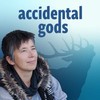
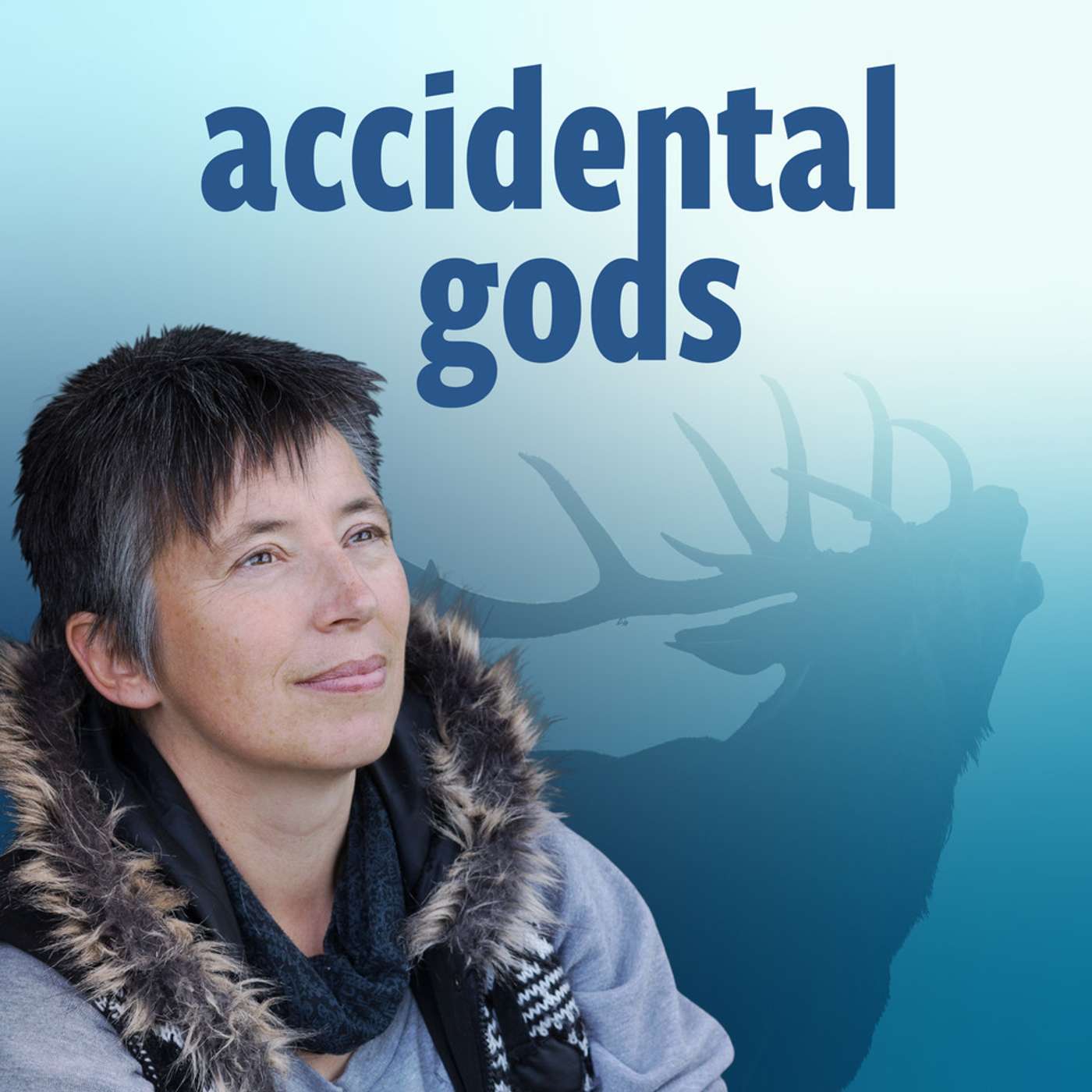
Accidental Gods
Accidental Gods
Another World is still Possible. The old system was never fit for purpose and now it has gone- and it's never coming back.
We have the power of gods to destroy our home. But we also have the chance to become something we cannot yet imagine,
and by doing so, lay the foundations for a future we would be proud to leave to the generations yet unborn.
What happens if we commit to a world based on generative values: compassion, courage, integrity?
What happens if we let go of the race for meaningless money and commit instead to the things that matter: clean air, clean water, clean soil - and clean, clear, courageous connections between all parts of ourselves (so we have to do the inner work of healing individually and collectively), between ourselves and each other (so we have to do the outer work of relearning how to build generative communities) and between ourselves and the Web of Life (so we have to reclaim our birthright as conscious nodes in the web of life)?
We can do this - and every week on Accidental Gods we speak with the people who are living this world into being. We have all the answers, we just (so far) lack the visions and collective will to weave them into a future that works. We can make this happen. We will. Join us.
Accidental Gods is a podcast and membership program devoted to exploring the ways we can create a future that we would be proud to leave to the generations yet to come.
If we're going to emerge into a just, equitable - and above all regenerative - future, we need to get to know the people who are already living, working, thinking and believing at the leading edge of inter-becoming transformation.
Accidental Gods exists to bring these voices to the world so that we can work together to lay the foundations of a world we'd be proud to leave to the generations that come after us.
We have the choice now - we can choose to transform…or we can face the chaos of a failing system.
Our Choice. Our Chance. Our Future.
Find the membership and the podcast pages here: https://accidentalgods.life
Find Manda's Thrutopian novel, Any Human Power here: https://mandascott.co.uk
Find Manda on BlueSky @mandascott.bsky.social
On LinkedIn https://www.linkedin.com/in/mandascottauthor/
On FaceBook https://www.facebook.com/MandaScottAuthor
We have the power of gods to destroy our home. But we also have the chance to become something we cannot yet imagine,
and by doing so, lay the foundations for a future we would be proud to leave to the generations yet unborn.
What happens if we commit to a world based on generative values: compassion, courage, integrity?
What happens if we let go of the race for meaningless money and commit instead to the things that matter: clean air, clean water, clean soil - and clean, clear, courageous connections between all parts of ourselves (so we have to do the inner work of healing individually and collectively), between ourselves and each other (so we have to do the outer work of relearning how to build generative communities) and between ourselves and the Web of Life (so we have to reclaim our birthright as conscious nodes in the web of life)?
We can do this - and every week on Accidental Gods we speak with the people who are living this world into being. We have all the answers, we just (so far) lack the visions and collective will to weave them into a future that works. We can make this happen. We will. Join us.
Accidental Gods is a podcast and membership program devoted to exploring the ways we can create a future that we would be proud to leave to the generations yet to come.
If we're going to emerge into a just, equitable - and above all regenerative - future, we need to get to know the people who are already living, working, thinking and believing at the leading edge of inter-becoming transformation.
Accidental Gods exists to bring these voices to the world so that we can work together to lay the foundations of a world we'd be proud to leave to the generations that come after us.
We have the choice now - we can choose to transform…or we can face the chaos of a failing system.
Our Choice. Our Chance. Our Future.
Find the membership and the podcast pages here: https://accidentalgods.life
Find Manda's Thrutopian novel, Any Human Power here: https://mandascott.co.uk
Find Manda on BlueSky @mandascott.bsky.social
On LinkedIn https://www.linkedin.com/in/mandascottauthor/
On FaceBook https://www.facebook.com/MandaScottAuthor
Episodes
Mentioned books
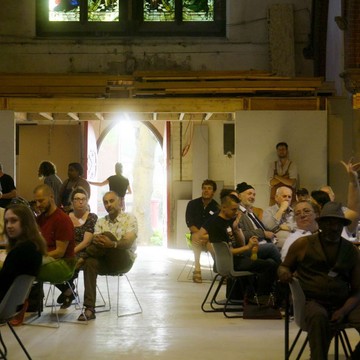
Mar 27, 2024 • 1h 4min
Building Trust - One Conversation at at Time: Cooperation Hull with Gully Bujak
Today we venture into the heart of Hull, where the seeds of change are being sown by the hands of ordinary people. Gully Bujak, our guest this week, is a force of nature who, since her awakening to the climate crisis in 2018, has channeled her energy into the creation of Cooperation Hull, a beacon of participatory democracy and local empowerment.Drawing inspiration from the groundbreaking work of Cooperation Jackson in Mississippi, Gully and her team have set their sights on the city of Hull, a place where political disengagement and socioeconomic challenges have forged a community ripe for change. With the lowest voter turnout in the UK and facing threats from climate change, Hull's residents are finding their voice through the innovative approach of neighborhood assemblies.Gully shares the powerful story of how these assemblies are not just meetings but crucibles of collective wisdom, where residents from all walks of life come together to listen, to speak, and to find common ground. From the facilitation of respectful dialogue to the co-creation of community-driven initiatives, these gatherings are rekindling the art of conversation and the flame of active citizenship.As we listen to Gully's journey from Extinction Rebellion activist to a catalyst for grassroots transformation, we are reminded that the future is not a distant dream but a living reality being woven by the hands of those who dare to act. Cooperation Hull is more than an organization; it's a movement, a call to action for communities everywhere to reclaim their power and shape the world from the ground up.For listeners who feel the pull to be part of this unfolding story, who yearn to see their own neighborhoods awaken to their potential, this episode is an invitation to step into the arena of change. Be inspired by the vision of Cooperation Hull, and consider what it would mean to ignite a similar spark in your corner of the world.Gully's Bio: Gully Bujak is an activist and community organizer who has dedicated her life to the pursuit of a just and sustainable future. From her early days with Extinction Rebellion to her current role at the helm of Cooperation Hull, Gully embodies the spirit of resilience and hope. Her commitment to direct democracy and local empowerment is not only changing the landscape of Hull but also serving as a model for others to follow.For those eager to learn more and to connect with the movement, visit the show notes for links to Cooperation Hull, upcoming assemblies, and resources to fuel your journey into community-led revolution. Tune in, be inspired, and join the wave of change that starts right at your doorstep.Cooperation Hull https://www.cooperationhull.co.uk/Cooperation Jackson https://cooperationjackson.org/Jackson Rising Redux - NEW Book https://cooperationjackson.org/announcementsblog/2023/3/2/jackson-rising-redux-out-nowGuardian Article re the HSBC Action and Acquittal https://www.theguardian.com/commentisfree/2023/nov/20/windows-major-bank-jury-climate-crisisGiroscope https://giroscope.org.uk/Accidental Gods Gatherings https://accidentalgods.life/gatherings-2024/
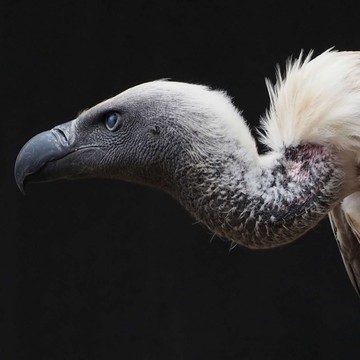
Mar 20, 2024 • 1h 8min
Vulture Capitalism - Exposing the toxic system and how to outgrow it with Grace Blakeley
This week's guest is one of those who understands the nuts and bolts - the iniquities - of the current system - and has ideas of how we can shape something better from the hot mess of corruption and greed in which we're mired. Grace Blakeley is a staff writer at Tribune Magazine and author of several books, including 'Vulture Capitalism: Corporate Crimes, Backdoor Bailouts and the Death of Freedom' in which she peels back the layers of our economic system, exposing the stark realities hidden beneath the veneer of 'free markets' and 'democratic' institutions.Grace's journey from the New Statesman to the frontlines of political commentary has equipped her with a unique vantage point to critique the fusion of state and corporate power, illuminating the dark corners of corporate greed and government complicity. With a narrative as gripping as a thriller, she exposes the corruption that led to tragedies like the Boeing 737 MAX crashes and the grim theatre of financial crises.In our conversation, Grace challenges the notion that some are born to rule while others to be ruled, advocating for a new democratic settlement that truly empowers people. She shares inspiring examples from Blaenau Ffestiniog to Cooperation Jackson, highlighting communities that are redefining resilience and self-governance. Her call to action is clear: it's time to question, to demand, and to actively participate in shaping a future that is just, equitable, and truly democratic.As we navigate the most critical moment in human history, Grace's insights are not a roadmap toward a world where the many, not the few, hold the power. For anyone feeling the weight of our current system's failures, this episode is a clarion call to join hands, make your voice heard, and be part of the collective effort to weave a future we can all be proud of.For those ready to dive into the mechanics of Grace's analysis and to explore the potential of a society reimagined, visit her website for links to her other books and to upcoming events. Grace's Bio: Grace Blakeley is a staff writer at Tribune magazine, author, and a prominent voice in economic and political commentary. Her work has taken her from the New Statesman to BBC Question Time, and now to the forefront of the movement challenging the entrenched powers of capitalism. With a sharp wit and a clear vision, Grace is not only dissecting the present but also sowing the seeds for a future where democracy and economic justice are not just ideals but realities.https://graceblakeley.co.uk/
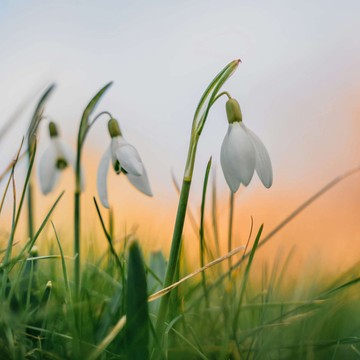
Mar 19, 2024 • 27min
Accidental Gods Spring Equinox Meditation 2024
"Consciousness creates MatterLanguage creates RealityRitual creates Relationship" - Oscar Mira-Quesada quoted by Nina Simons in podcast #218Part of our moving towards a healed and healthy culture for humanity is rewilding our relationships with ourselves, each other and the earth. A key part of this is building rituals that have meaning for us in the context of these relationships. Connecting to the cycles of the earth is a straightforward ritual that acknowledges, honours and respects the world we live in and our place within the planetary cycles - and our own.This guided visualisation walks us into the moment of balance between the long nights and the long days, the restorative time of winter and the outward-acting time of summer, between being to doing. Please take time for yourself to sit quietly, perhaps light a candle, or otherwise create a space out of time that has meaning for you. It doesn't have to be at the moment of the equinox, whenever that is for you, wherever you are in the world, it's the connection that counts, the marking of the day. And you don't have to limit yourself to one pass through - please feel free to explore this more deeply than one single iteration. If you want other, similar journeys, they are a whole host in the Accidental Gods Membership Programme. For those of you in the Southern Hemisphere, where you are moving from doing to being, from the long days to the long nights, this meditation is more appropriate. I mentioned Alnoor Ladha and Lynn Murphy and our discussion of Initiation Cultures and Trauma Cultures, which was in episode 208.
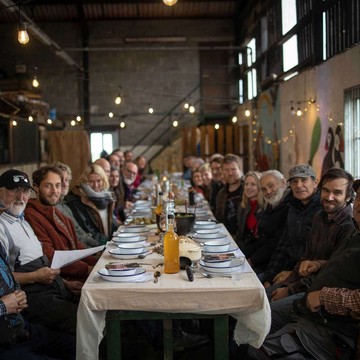
Mar 13, 2024 • 1h 8min
Seeds of Hope: Cultivating a Future of Flavour and Resilience with Sinead Fortune and Kate Hastings of the Gaia Foundation
Join Sinead Fortune and Kate Hastings from the Gaia Foundation as they share their passion for reviving ancient grains and fostering growth communities. Discover the renaissance of black oats in Wales, the importance of seed saving, and the journey towards a resilient food system. Dive into the world of seed sovereignty and the impact of local, open-pollinated seeds on sustainability and unique flavors.
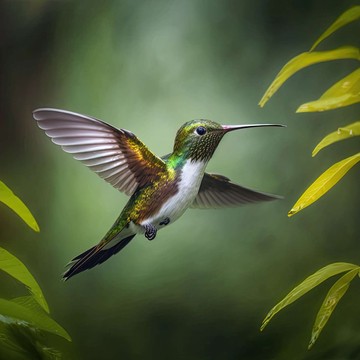
10 snips
Mar 6, 2024 • 1h 5min
Finding a Cure for Civilisation: Delving Deep into the Roots of Being with visionary and shaman, Drea Burbank of Savimbo.
Join visionary and shaman Drea Burbank as she shares her journey from a fundamentalist Mormon cult to the Amazon rainforests. She discusses advocating for nature's rights at the UN, blending Western shamanism with indigenous practices, navigating spiritual awakening, and the importance of cultural respect and post-colonial ecotourism training.
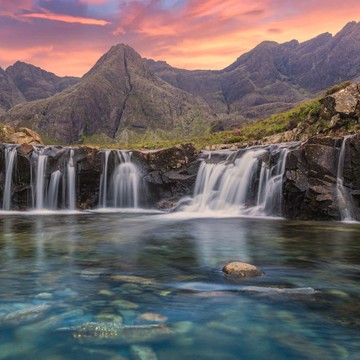
22 snips
Feb 28, 2024 • 1h 25min
River Charters, Net Zero Cities and BioRegional Banks: Creating a Life-Ennobling Economic System with Emily Harris of Dark Matter Labs
Chartered accountant Emily Harris discusses life-enabling economics, bioregional banks, and a regenerative economy. She explores practical steps like relationship registers and 'river coins', and the challenges of aligning current systems with these ideas. Emily's work with Net Zero Cities team on climate contracts and policy labs aims for transformative change towards ecological and social well-being.

Feb 21, 2024 • 1h 17min
Dung Beetles, People and helping the Keystone Species with Claire Whittle, the Regenerative Vet
In this week's episode we delve into the intricate world of dung beetles and their critical role in regenerative farming with the passionate and knowledgeable Claire Whittle, the Regenerative Vet. Claire's journey from a conventional large animal practitioner to a fervent advocate for farming in harmony with nature is not only inspiring but also a testament to the profound impact one species can have on the environment. With her vivid and captivating storytelling, Claire brings to life the bustling ecosystem that thrives within a simple cowpat, highlighting the crucial work of dung beetles in nutrient cycling, reducing greenhouse gases, and supporting biodiversity. This conversation is a call to action for farmers, vets, and anyone interested in sustainable agriculture to reconsider the way we interact with the land and its inhabitants. Whether you're managing vast farmlands or nurturing a small garden, this episode is a treasure trove of insights on how we can all contribute to a healthier planet by stepping into our role as a positive keystone species. So, grab your headphones and prepare to be charmed by the unsung heroes of the pasture, as we explore the significance of these tiny earth-movers in shaping a regenerative future.Dung Beetles for Farmers https://www.dungbeetlesforfarmers.co.uk/Claire on Instagram https://instagram.com/dr_DoWhittle/ Claire's Regen Vet on Instagram https://instagram.com/RegenerativeVetClaire at Kingshay https://www.kingshay.com/advice/meet-the-consultants-2/claire-whittle/
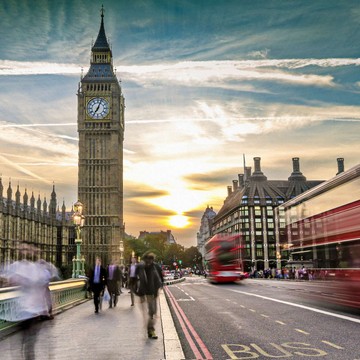
Feb 14, 2024 • 1h 12min
End State: 9 Ways Society is Broken and How we Fix it, with James Plunkett
James Plunkett, an influential author and policy advisor, dives into the critical issues plaguing our society today. He discusses the disconnect between outdated institutions and modern challenges, emphasizing the need for systemic change. Highlighting the importance of bold decisions, the conversation critiques current welfare systems and advocates for inclusive governance that speaks to both young and old. Plunkett remains optimistic, urging collective action and innovative strategies to foster a resilient future for all.

8 snips
Feb 7, 2024 • 46min
Growing a Public Chorus for Change: reshaping democracy with Alex Lockwood of the Humanity Project
Explore the broken democracy system, the need for new governance forms, and Alex Lockwood's work with The Humanity Project. Discuss challenges in reshaping democracy, citizen assemblies, redefining voting rules, and fostering community agency through grassroots movements.

Jan 31, 2024 • 1h 17min
Dancing with the god within: Finding the Sovereign Feminine with thought-leader Maggie Ostara
How does each of us find our sovereignty, our sense of what it is to have agency and be alive in the world, and align this with the part in all of us that is anchored in compassion, connection and empathy? How, in short, do we encounter and encourage our own sovereign feminine?Dr Maggie Ostara is a long-time friend of the podcast - she was with us in episode 116 when we talked about finding our purpose in the world: What's mine to do, what's yours to do and what's ours to do together? I've put a link to this in the show notes in case you want to go back and listen. Since then, Maggie has written the international Amazon best-seller: Feminine Sovereignty: Eight Pillars for Regenerating Ourselves and Our World. It was published towards the end of last year and I've been wanting to talk to Maggie ever since. Her book is absolutely of our time and for our time: it's courageous and hard-hitting in terms of its dissection of where we are, but it's full of compassion and wisdom and embodied exercises that you can do as you go along. And as you'll hear in the podcast, in 2024 she’ll be offering the Feminine Sovereignty Explorers Club and the Feminine Sovereignty Leadership Incubator based in the principles of the 8 Pillars. She’s a certified Human Design and Quantum Human Design Specialist, Level 4, a certified Radiant Body Yoga Instructor, and a certified Clarity Breathwork Practitioner. She supports her global audience through her thriving YouTube channel and works with clients 1:1 and in groups.So this is a perfect sequel to Nina Simons last week - yet again, we are talking about ways of finding the god within - and engaging outwards with the world. Maggie's previous Accidental Gods episode #116 https://accidentalgods.life/daring-to-risk/Where to buy the book and/or get the first 50 pages for free FeminineSovereigntyBook.com Where to find out about the Feminine Sovereignty Explorers Club FeminineSovereigntyBook.com/explorersclubWhere to find out more about the Feminine Sovereignty Leadership Incubator FeminineSovereigntyBook.com/incubatorWhere to find out more about Human Design SovereigntybyDesign.com and YouTube.com/maggieostaraphdSusan Harper, Master Teacher of Continuum ContinuumMontage.com Where to find Maggie on Facebook Facebook.com/maggiesaleostaraWhere to find Maggie on Instagram Intstagram.com/SovereigntybyDesign


